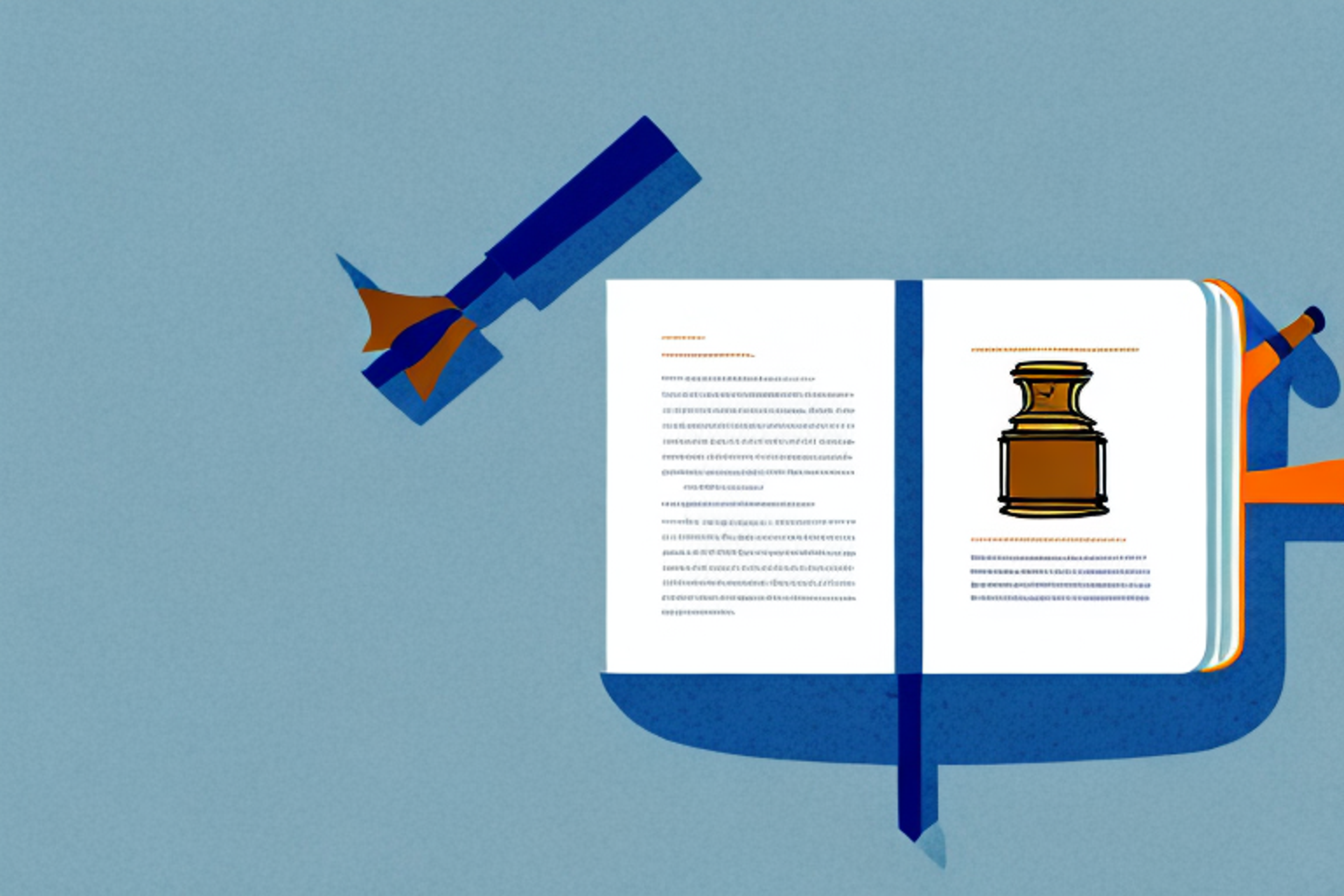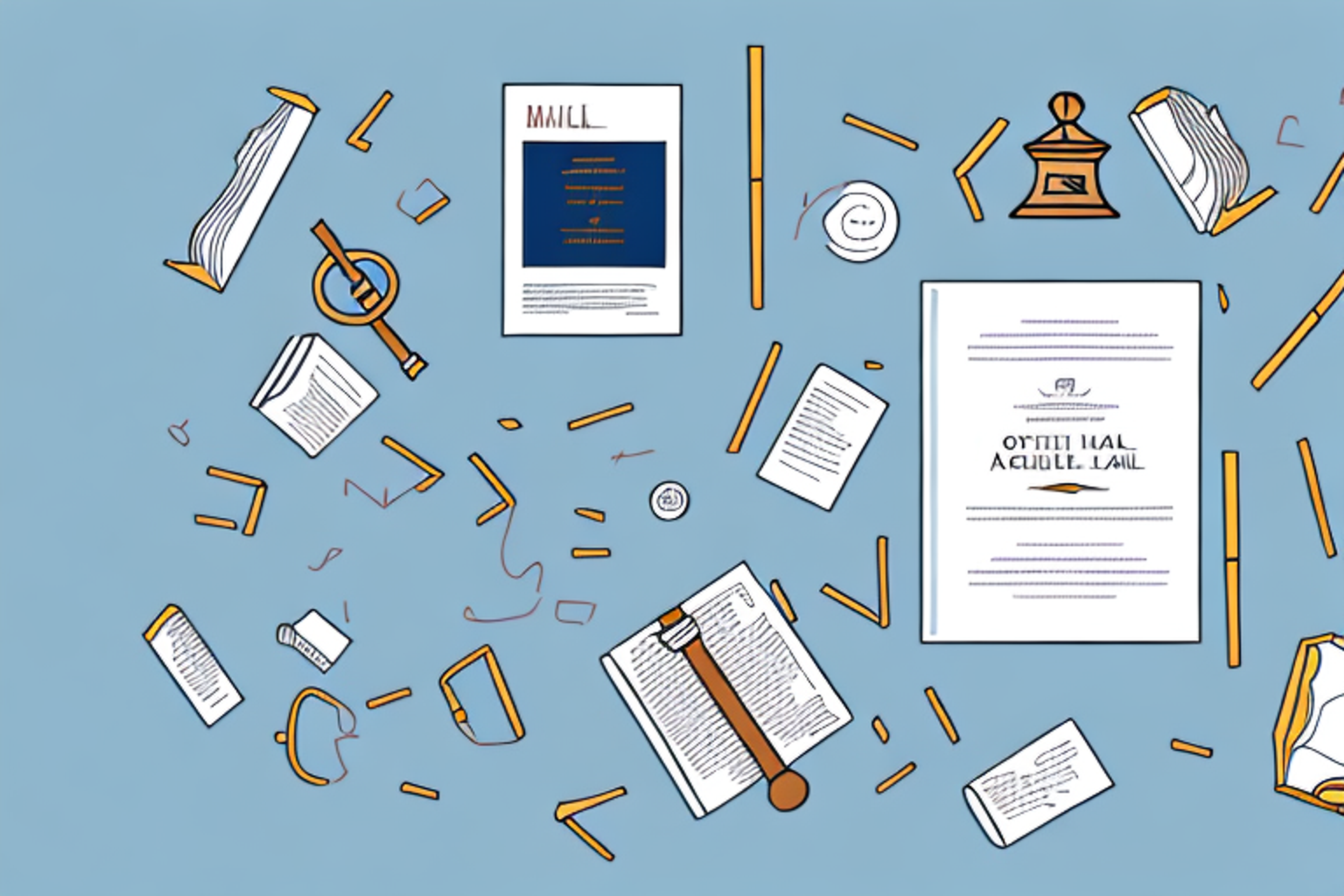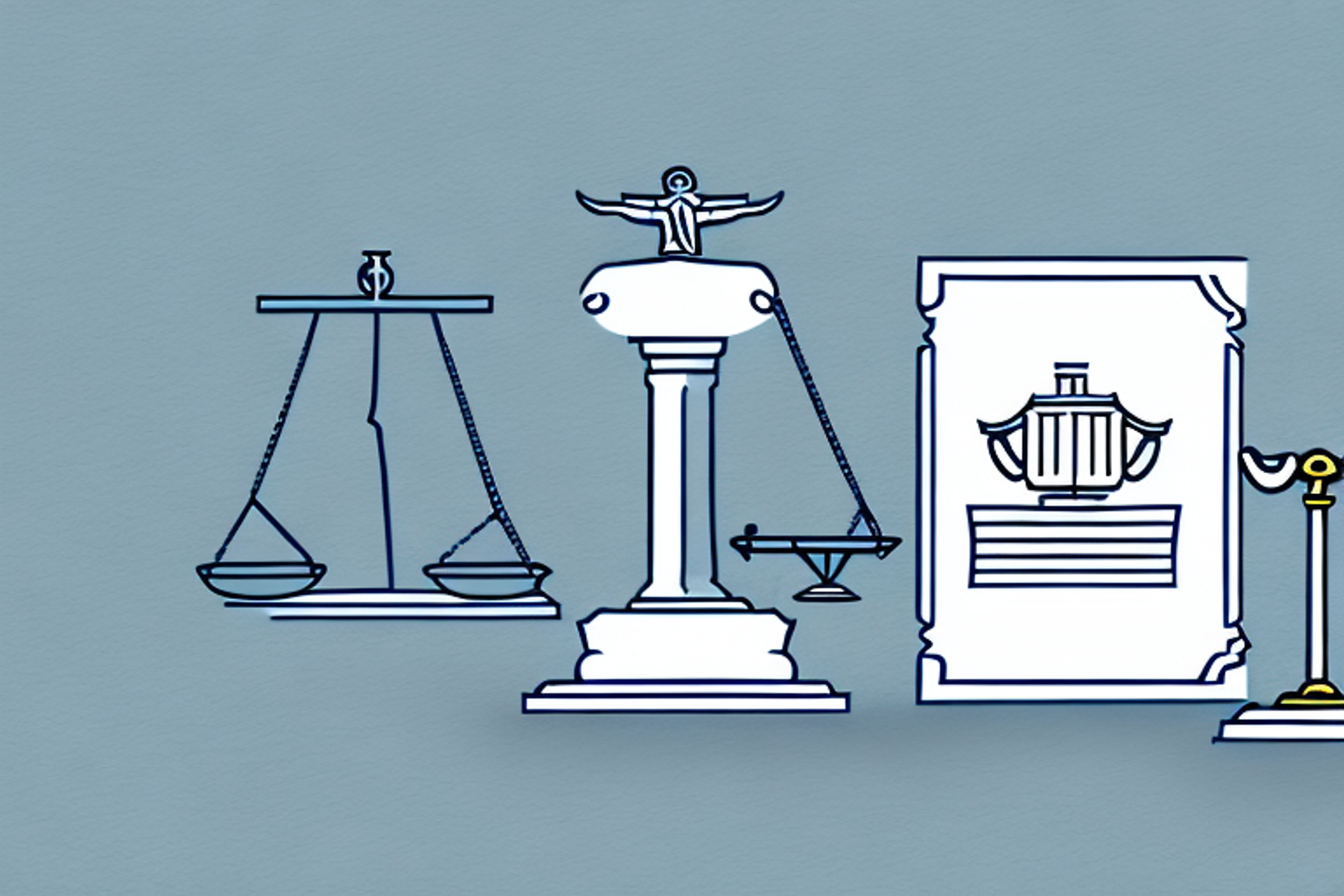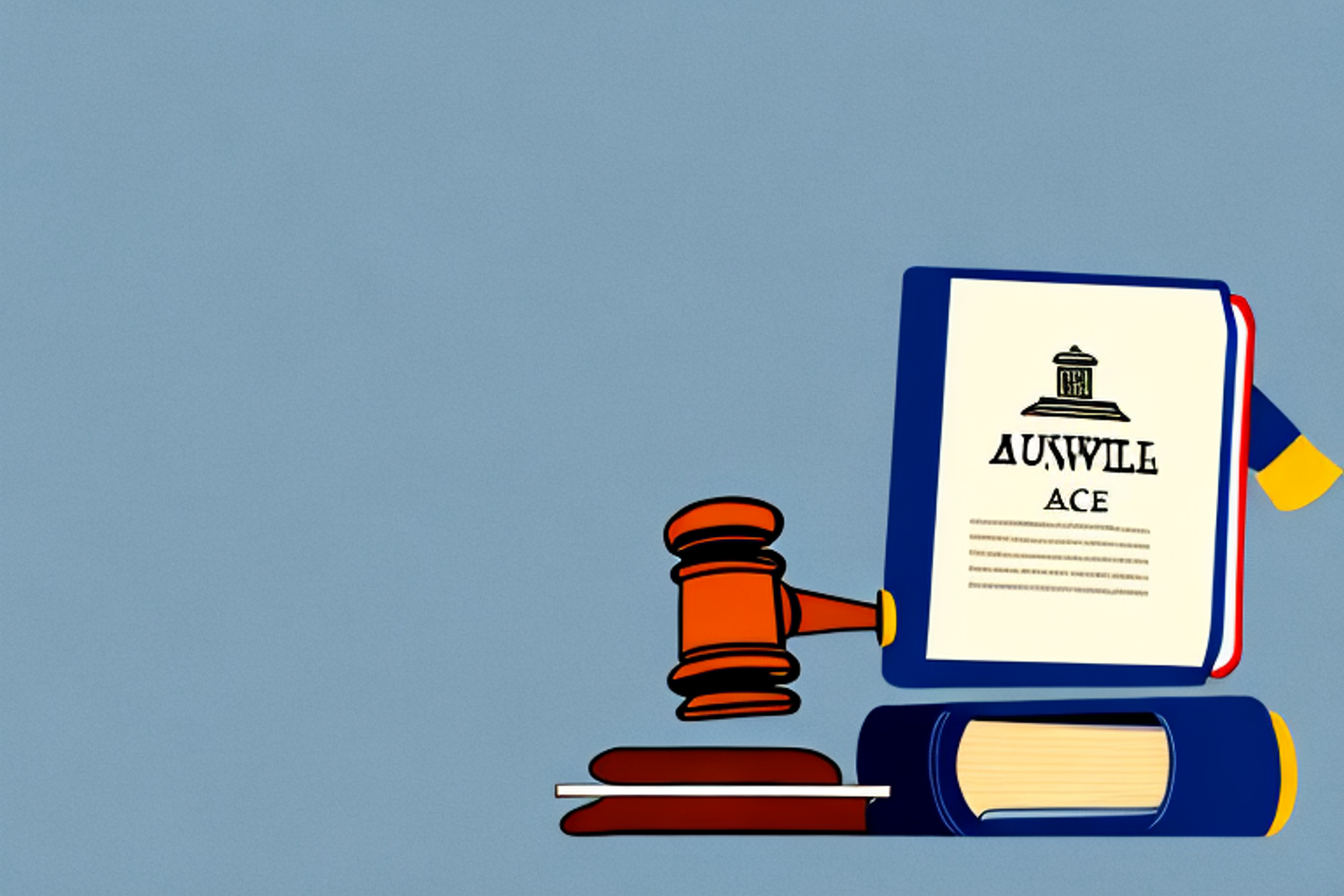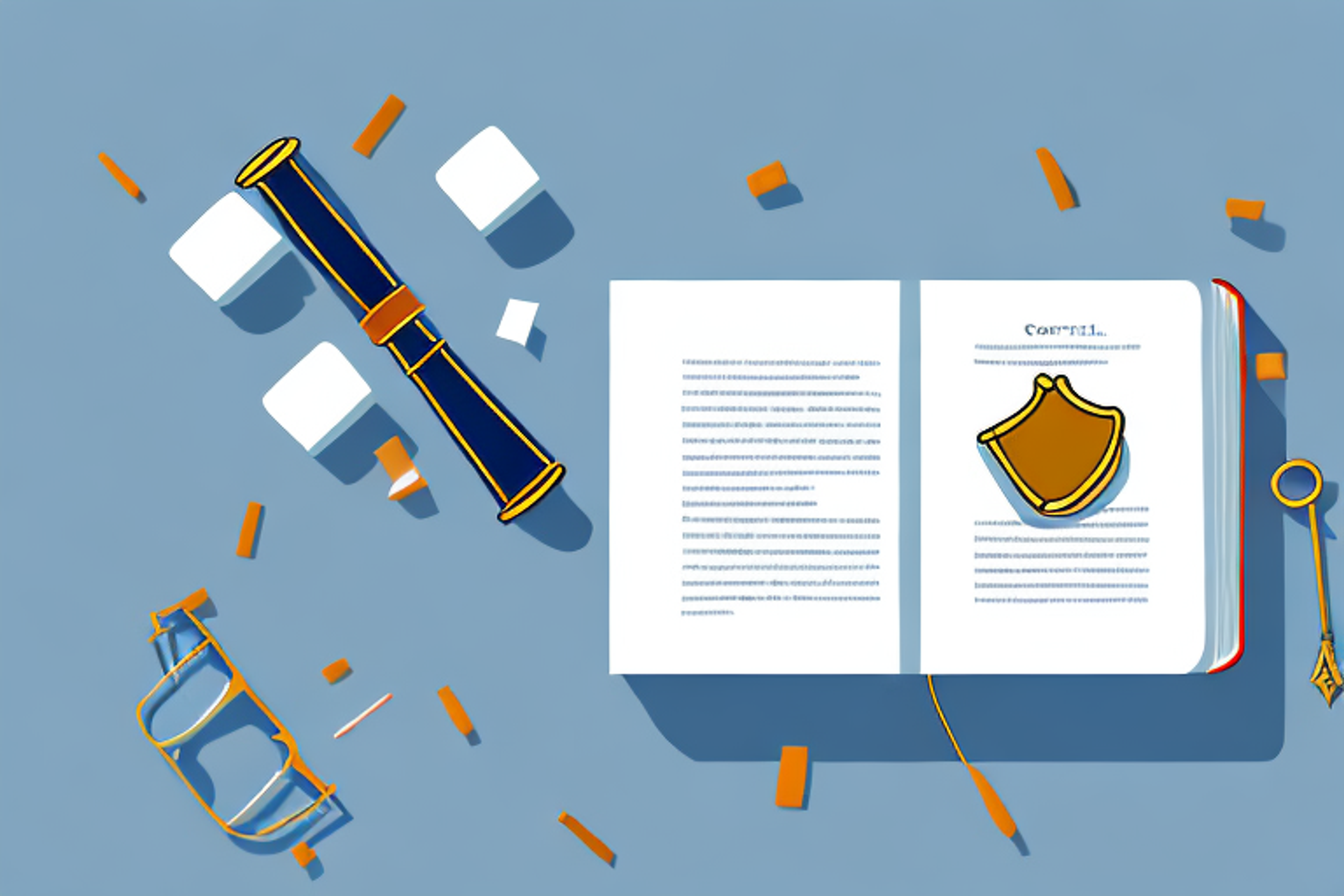How to Write a Compelling Personal Statement for Cornell Law School
Learn how to craft a winning personal statement for Cornell Law School with our expert tips and advice.
Posted April 10, 2025
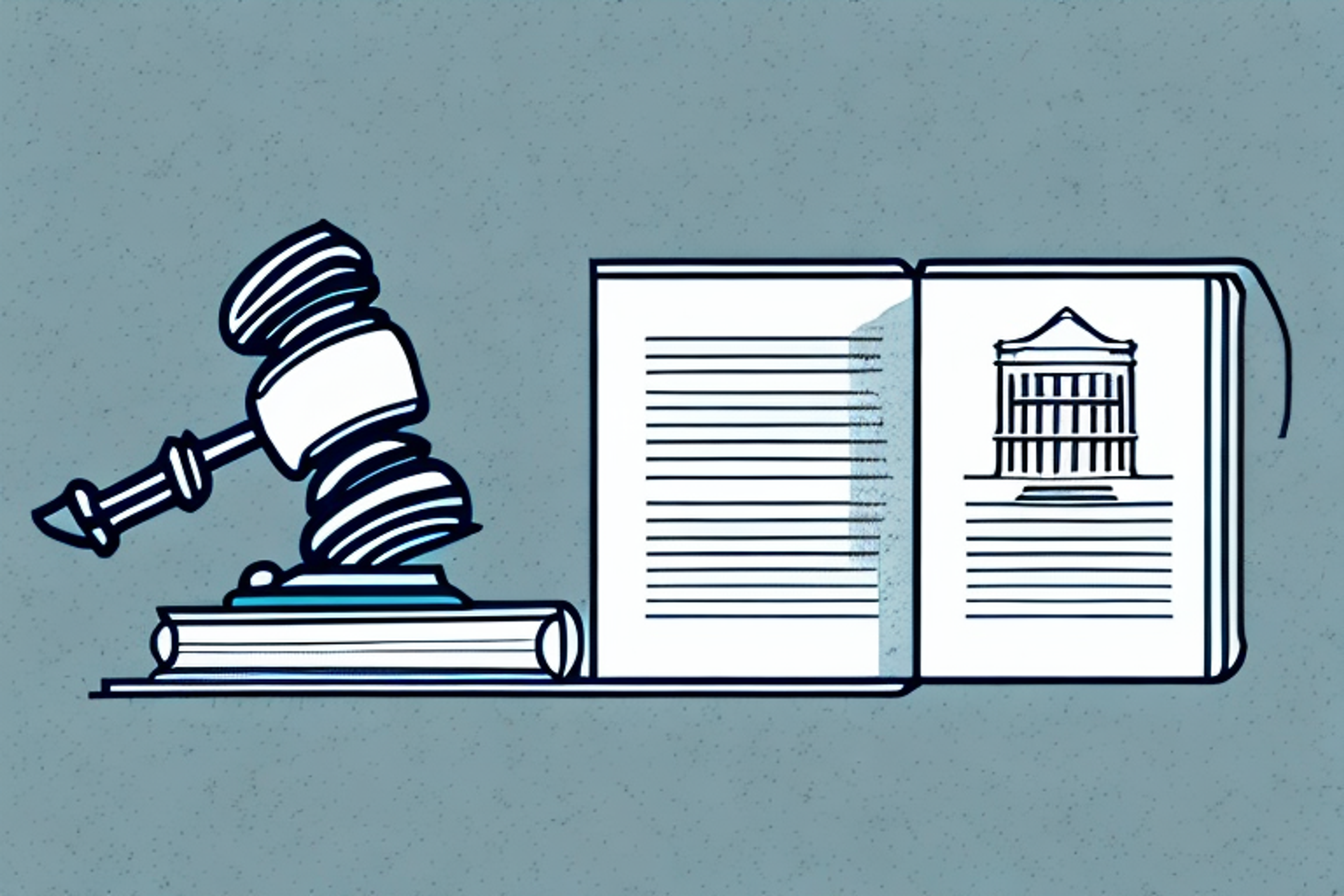
Table of Contents
Free Event

Featuring Indrani S.
Law School App Office Hours with a Former Stanford AdCom Member
Starting Thursday, April 17
11:30 PM UTC · 45 minutes

Featuring Indrani S.
Applying to law school can be a daunting process, and one of the most crucial components of your application is your personal statement. This is your opportunity to showcase your unique qualities, experiences, and aspirations, and why you are a great fit for Cornell Law School. In this guide, we will walk you through the process of crafting a compelling personal statement that will set you apart from other applicants and increase your chances of admission.
Why a Personal Statement is Important for Cornell Law School Admission
The personal statement is an essential part of your application because it allows the admissions committee to get to know you beyond your grades and test scores. It is the only opportunity for you to tell your story, demonstrate your writing skills, and showcase your personality and experiences. The personal statement offers insight into why you want to attend Cornell Law School, what motivates you, and what qualities you possess that will contribute to the law school community. Therefore, it is vital to make sure your personal statement is well-crafted and compelling.
One important aspect to keep in mind when writing your personal statement for Cornell Law School is to tailor it specifically to the school. This means doing research on the school's values, programs, and faculty, and incorporating that information into your statement. Admissions committees want to see that you have a genuine interest in attending their school and that you have taken the time to learn about what makes their program unique.
Another key factor to consider is the tone of your personal statement. While it is important to showcase your personality and experiences, it is also important to maintain a professional tone. Avoid using slang or overly casual language, and make sure to proofread your statement for any errors or typos. A well-written and polished personal statement can make a significant difference in the admissions process.
Understanding the Structure of a Personal Statement for Cornell Law School
A strong personal statement should follow a specific structure to ensure it is effective in conveying your message. We recommend starting with an introduction that captures the reader's attention and clearly states the purpose of your statement. This should be followed by a body that provides evidence of your strengths, experiences, and skills that make you a competitive candidate. The body should be organized logically, with clear transitions between paragraphs. Lastly, you should conclude with a strong closing statement that summarizes your points and leaves a lasting impression on the reader.
It is important to note that while following a specific structure is important, it is equally important to make sure that your personal statement is unique and reflects your individuality. Avoid using cliches or generic statements that could apply to any applicant. Instead, focus on sharing personal anecdotes and experiences that demonstrate your passion for law and your potential as a future Cornell Law student. Remember, your personal statement is your opportunity to showcase your personality and stand out from other applicants.
Writing Techniques to Make Your Personal Statement Stand Out
One way to make sure your personal statement stands out is to use writing techniques that capture the reader's attention and create a lasting impression. This includes using vivid language and descriptive details to bring your experiences and achievements to life, avoiding cliche phrases and overused buzzwords, and incorporating anecdotes and personal stories that illustrate your character and values. Additionally, it is crucial to pay attention to your tone and voice, making sure that they are authentic and aligned with your personality and goals.
Another effective writing technique to make your personal statement stand out is to use active voice instead of passive voice. Active voice makes your writing more engaging and dynamic, while passive voice can make it sound dull and uninteresting. For example, instead of saying "I was given the opportunity to lead a team," say "I led a team." This not only sounds more confident and assertive, but it also highlights your leadership skills.
How to Highlight Your Unique Qualities in Your Personal Statement
One of the purposes of a personal statement is to show the admissions committee what makes you unique and stand out from other applicants. To do this effectively, you should focus on specific examples that demonstrate your skills, qualities, and achievements. This can include discussing challenging situations, accomplishments, and past experiences that illustrate your character and capabilities. Additionally, make sure to highlight any diversity in your background, including cultural or linguistic diversity, which can make you more competitive and introduce new perspectives to the law school community.
Another way to highlight your unique qualities in your personal statement is to discuss your future goals and how they align with the mission and values of the law school you are applying to. This can demonstrate your passion and commitment to the field of law, as well as your potential contributions to the school community. Additionally, consider discussing any relevant extracurricular activities or volunteer work that showcase your leadership skills, teamwork abilities, or dedication to social justice causes. By providing a well-rounded picture of yourself, you can make a compelling case for why you are the ideal candidate for the law school program.
Researching and Tailoring Your Personal Statement to Cornell Law School
It is essential to research Cornell Law School and their values and mission before you write your personal statement. This will allow you to tailor your statement to the specific strengths of the school and show how you align with them. Additionally, you should incorporate information about the law school's curriculum, extracurricular opportunities, and faculty into your statement to demonstrate your enthusiasm and dedication to attending Cornell Law School.
When researching Cornell Law School, it is important to also consider the location and community surrounding the school. Cornell Law School is located in Ithaca, New York, which offers a unique blend of small-town charm and urban amenities. The community is known for its vibrant arts scene, outdoor recreation opportunities, and diverse population. Incorporating your interest in the community and how it aligns with your personal and professional goals can further demonstrate your fit with Cornell Law School.
Furthermore, it is important to highlight any relevant experiences or skills that make you a strong candidate for Cornell Law School. This can include previous legal experience, leadership roles, or academic achievements. By showcasing your unique strengths and how they align with Cornell Law School's values and mission, you can make a compelling case for why you are the ideal candidate for the school.
Avoiding Common Mistakes in Writing a Personal Statement for Cornell Law School
There are several common mistakes that applicants make when writing a personal statement. These include using overly formal language, employing a generic approach, and not providing specific evidence to support their claims. Additionally, be sure to avoid discussing potentially controversial or sensitive topics and overly personal information that may detract from your application.
One important aspect to keep in mind when writing a personal statement for Cornell Law School is to showcase your passion for the field of law. Admissions officers want to see that you have a genuine interest in pursuing a legal career and that you have taken steps to explore the field. This can include internships, volunteer work, or relevant coursework.
Another key element to include in your personal statement is your unique perspective and experiences. Admissions officers want to see what sets you apart from other applicants and how your background and experiences have shaped your interest in law. Be sure to highlight any challenges you have overcome or unique perspectives you bring to the table.
Tips for Editing and Proofreading Your Personal Statement
Once you have finished writing, it is crucial to carefully edit and proofread your personal statement to ensure it is free of errors and flows smoothly. You can read it aloud or ask someone else to read it to catch any mistakes or awkward phrasing. Additionally, make sure that your formatting is consistent, and that you have followed the instructions for length and submission carefully.
Incorporating Your Career Goals into Your Personal Statement
Your personal statement is also an opportunity to discuss your long-term career goals and how attending Cornell Law School will help you achieve them. Make sure to articulate your specific career aspirations and how they align with your background and experiences. You can also discuss how specific courses, faculty members, or extracurricular opportunities at Cornell Law School will prepare you for your desired career.
Using Examples and Stories to Make Your Personal Statement Memorable
One of the most effective ways to make your personal statement memorable is to use specific examples and stories that illustrate your character and achievements. This can include recounting challenging situations that you overcame, discussing unique experiences that have shaped you, or highlighting key accomplishments that demonstrate your achievements. Remember to choose examples that align with your goals and values and that will resonate with the reader.
Showcasing Relevant Experiences in Your Personal Statement
When crafting your personal statement, make sure to showcase experiences and achievements that are relevant to law school and demonstrate your leadership potential, analytical skills, or passion for justice. This can include experiences such as internships, volunteer work, research projects, or leadership roles in organizations. Additionally, make sure to reflect on how these experiences have contributed to your growth and prepared you for law school.
Making a Strong First Impression with Your Opening Paragraph
Your opening paragraph is the first opportunity you have to capture the reader's attention and make a strong impression. As such, it should be engaging, concise, and clearly articulate the purpose of your personal statement. We recommend using a hook that draws the reader in and highlighting what makes you unique as an applicant.
How to Conclude Your Personal Statement on a Strong Note
The conclusion of your personal statement should summarize your key points and leave a lasting impression on the reader. Make sure to provide a clear closing statement that leaves the reader with a sense of your motivations and aspirations. Additionally, avoid introducing new ideas or information in the conclusion, which can distract from the strength of your primary argument.
Getting Feedback and Advice on Your Personal Statement from Others
Finally, it is crucial to seek feedback and advice on your personal statement from trusted sources. This can include family members, friends, peers, your academic advisor, or a professional writing service. Consider incorporating the feedback you receive from others to refine and improve your personal statement further.
Remember, your personal statement is an essential part of your law school application and an opportunity to showcase your unique qualities and achievements. Use the strategies outlined in this guide to craft a compelling and memorable statement that will set you apart from other applicants and increase your chances of admission to Cornell Law School.


